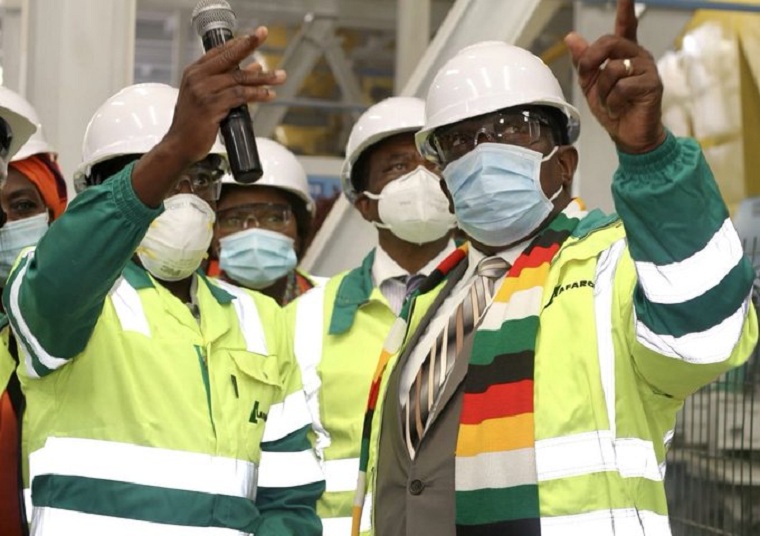Elsewhere, rain-makers were powers behind thrones of our kings.
It is not fortuitous that water harvesting through dam construction is a pillar policy under the Second Republic.
At Mudzingadzi, Rhodesians targeted more than our cadres and our military arsenals; they targeted farms and many agricultural units which produced food for our struggle.
In one instance, they bombed all black chickens in our huge fowl runs, and spared white fowls which Cde Ndangana and his team had set apart for breeding.
By such acts, Rhodesians lived their racial outlook and beliefs, including in how they dispensed death. This was nothing new.
In 1893, and again from 1896 until the end of First Chimurenga, sites of food storage were dynamited as part of the invading force’s strategy of total onslaught, and to break African resistance to colonial subjugation.
At the height of our Liberation Struggle, Rhodesians destroyed African food barns in villages, stopped families from raising crops by quartering them in notorious “Keeps”, as a way of trying to subdue our revolution.
Similarly, a key target of current illegal Western sanctions against Zimbabwe has been attacking our capacity to grow our economy, including targeting our capacity to finance and produce food for ourselves.
They sought to make us food dependent.
International Banks domiciled here, which historically financed white agriculture, stopped doing so on instructions from their headquarters in European metropoles.
Local banks active in agricultural financing were placed under sanctions.
Our overseas markets were closed.
Expectedly, after our 2000 just Land Reform Programme, Zimbabwe became food insecure.
With the advent of the Second Republic, we told ourselves the Land is here and is ours; our people are here, hardworking as ever; God continues to favour us with his rains, although not always in abundance.
Why can’t we restore our food security?
Why not ourselves?
Therein lies the genesis of our agricultural policies which are already paying off handsomely.
The Second Republic has drawn hard lessons from history and all these experiences.
It is conscious of its triple heritage: Zimbabwe’s long and rich past dominated by far-flung kingdoms, movements and economies; our protracted Liberation Struggle under the then Patriotic Front which taught us that we are our own liberators, and which gave us the wisdom and ethos of self-reliance.
Continued next page
(682 VIEWS)


